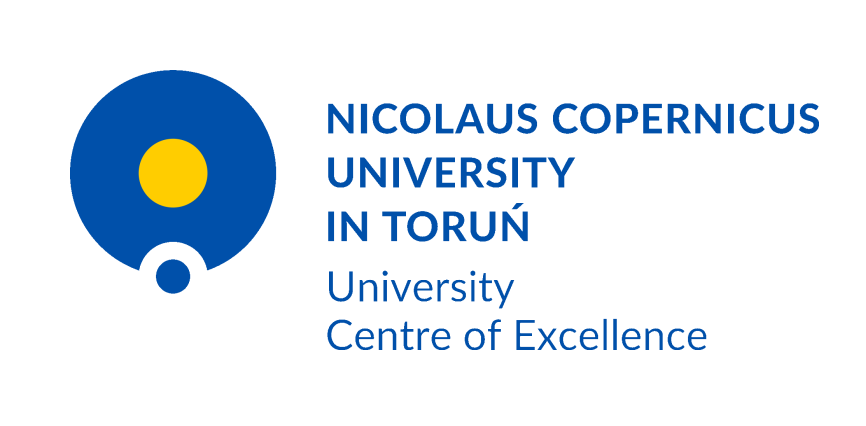![obrazek: [fot. A. Romański] money on the blue material](http://www.umk.pl/wiadomosci/serwisy_wp/zdjecia/23568/srednie.jpg)
Dr Hannah Calcutt and Dr Dorottya Szécsi from our Centre of Excellence were among twelve scientists from the Nicolaus Copernicus University who received grants from the National Science Centre (NCN) as part of the OPUS 21 competition.
The OPUS competition is dedicated to scientists at all stages of their careers. This year, 2,314 applications were submitted in the competition, 417 projects will be financed, including two grants from our Centre of Excellence:
1. The Three Pillars of Protostellar Evolution - Dr Hannah Calcutt - 1 235 128 PLN
2. Gravitational-wave progenitors – Completing the picture with multi-purpose binary population synthesis - Dr Dorottya Szécsi - 1 446 310 PLN.
Congratulations!
Dr. Hannah Calcutt – her research focuses on understanding the physical and chemical conditions in low-, intermediate- and high-mass stars star-forming environments. Through a combination of observational astrochemistry and theoretical modelling, her work explores the chemical conditions in these complex environments, linking the conditions of star formation and planet formation, to Solar System bodies and potentially even the precursors to the formation of life. In 2015, she gained a PhD from University College London, defending her thesis ‘the early stages of massive star formation: tracing the physical and chemical conditions in hot cores’. Following her PhD, she has held research positions at the University of Copenhagen in Denmark, as a postdoctoral researcher at the Centre for Planet and Star Formation (StarPlan) and as an Origins Fellow at Chalmers University of Technology in Sweden.
Dr. Dorottya Szécsi – her research focuses on the theory of gravitational-wave progenitors and other massive stars across the Universe. She is particularly interested in stellar evolution of massive single and binary stars, low-metallicity environments and high-energy explosions including gamma-ray bursts and supernovae. In 2019, she received a Humboldt Research Fellowship at the University of Cologne (Germany). As a recognition of her research, she was awarded the Jan Frič Premium for Young Researchers of the Astronomical Institute of the Czech Academy of Sciences for the year 2017, the Honours Branch (H2) scholarship of the Bonn-Cologne Graduate School in 2013, as well as a First Prize at the Young Scientist Competition of the Hungarian National Scientific Students' Association in 2011. She completed her PhD at the University of Bonn (Germany) in 2016 on the life and death of metal-poor massive stars.


 ul. Grudziądzka 5, 87-100 Toruń
ul. Grudziądzka 5, 87-100 Toruń![Dr Hannah Calcutt [fot. H. Calcutt's archive] Dr Hannah Calcutt . Click to zoom the picture.](http://www.umk.pl/wiadomosci/serwisy_wp/gallery/2720/thumbnail/hannah.jpg)
![Dr Dorottya Szécsi [fot. D. Szécsi's archive] Dr Dorottya Szécsi . Click to zoom the picture.](http://www.umk.pl/wiadomosci/serwisy_wp/gallery/2720/thumbnail/photo-DSz.jpg)